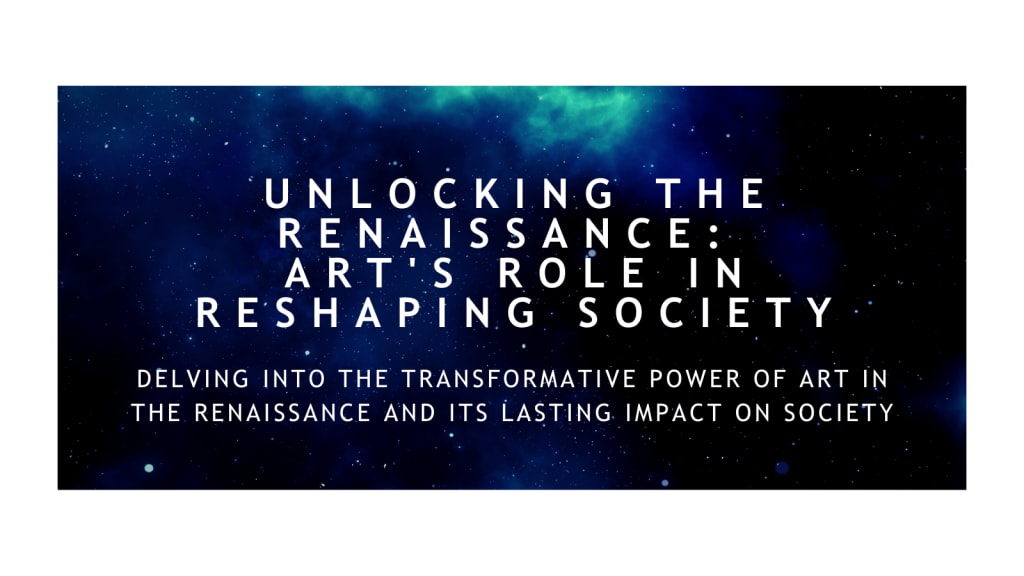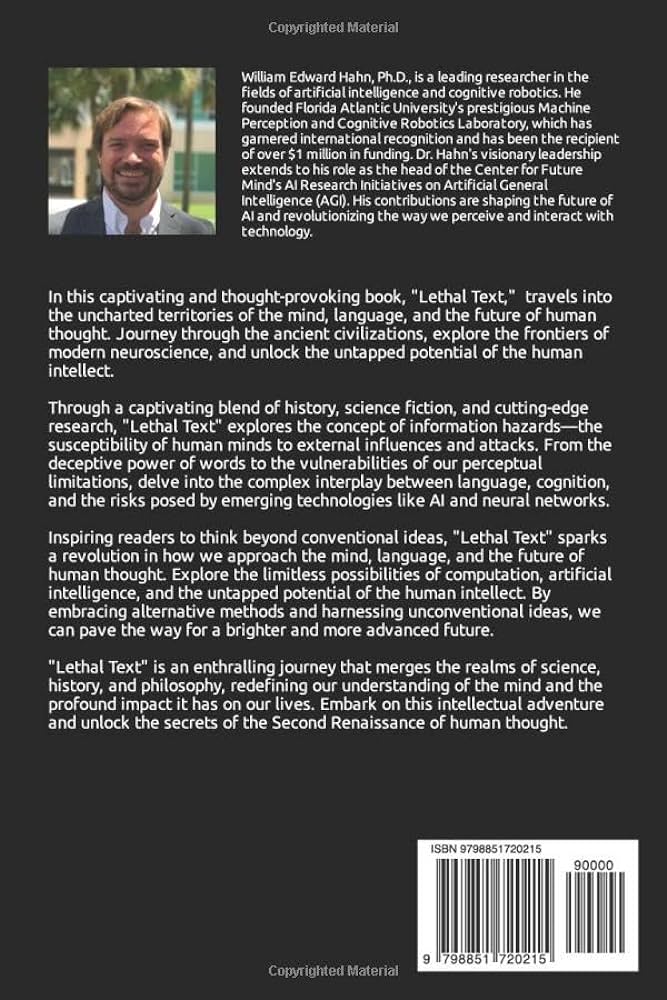The Renaissance period, which began in 14th-century Italy and later spread throughout Europe, was a time of great intellectual and cultural awakening. This era witnessed a remarkable resurgence of interest in art, literature, science, and philosophy. The thinkers and innovators of the Renaissance era paved the way for unprecedented intellectual advancements that would shape the course of history.
The Humanist Movement
At the heart of the Renaissance was the humanist movement, which emphasized the value of human potential and achievement. Humanist scholars sought to revive the knowledge of classical antiquity, embracing the works of ancient Greek and Roman scholars. This revival ignited a profound transformation in thinking, promoting the importance of individualism, critical thinking, and the pursuit of knowledge.
Impact Of Printing Press
The invention of the printing press by Johannes Gutenberg in the mid-15th century revolutionized the spread of ideas. This technological advancement facilitated the widespread dissemination of knowledge, leading to a significant increase in literacy and the accessibility of books. The printing press played a pivotal role in shaping the intellectual landscape of the Renaissance, enabling the rapid circulation of influential writings and fostering the exchange of ideas across Europe.
Scientific Exploration and Innovation
The Renaissance was marked by a spirit of scientific curiosity and exploration. Visionaries such as Leonardo da Vinci, Galileo Galilei, and Nicolaus Copernicus made groundbreaking contributions to the fields of astronomy, physics, and anatomy. Their pioneering discoveries challenged long-held beliefs and laid the groundwork for modern scientific inquiry. The embrace of empirical observation and experimentation paved the way for the scientific revolution that would unfold in the centuries to come.
Revolution In Art And Architecture
Art flourished during the Renaissance, with artists like Michelangelo, Raphael, and Leonardo da Vinci producing masterpieces that showcased technical prowess and creative innovation. The period witnessed a shift from the stylized forms of the medieval era to a focus on naturalism and perspective. This artistic renaissance also extended to architecture, as exemplified by the construction of elaborate cathedrals, palaces, and public buildings that reflected a revival of classical design principles.
Credit: unlockinghistoryssecrets.quora.com
Philosophical and Ethical Inquiry
The Renaissance nurtured a climate of philosophical inquiry, with thinkers like Niccolò Machiavelli and Erasmus challenging conventional wisdom and exploring new ideas about politics, ethics, and human nature. Machiavelli’s pragmatic approach to governance in “The Prince” and Erasmus’s humanistic vision in “The Praise of Folly” exemplified the diverse intellectual currents that characterized the era. These works sparked discussions on the nature of power, morality, and the ideal society.
Legacy And Influence
The intellectual legacy of the Renaissance continues to resonate in the modern world. Its emphasis on individual creativity, humanistic values, and the pursuit of knowledge laid the foundation for the Enlightenment and the subsequent advancements in science, philosophy, and political thought. The ideas and innovations that emerged during the Renaissance era have left an indelible mark on the trajectory of human civilization, inspiring generations of thinkers and shaping our understanding of the world.

Credit: vocal.media
Frequently Asked Questions On Unlocking The Renaissance: Exploring Its Intellectual History & Impact
What Were The Major Characteristics Of The Renaissance Period?
The Renaissance period was characterized by a renewed interest in art, literature, and learning, as well as a shift towards humanism and a focus on individualism.
Who Were The Key Figures In The Intellectual History Of The Renaissance?
Prominent figures in the intellectual history of the Renaissance include Leonardo da Vinci, Michelangelo, and Galileo Galilei, among others.
How Did The Renaissance Impact Intellectual And Artistic Expression?
The Renaissance sparked a cultural revolution, leading to advancements in literature, philosophy, science, and the arts. It promoted the concept of human potential and fostered creativity and innovation.
What Role Did Patronage Play In The Renaissance?
Patronage played a crucial role in the Renaissance, as wealthy individuals and families supported artists, scholars, and scientists. This financial support allowed them to focus on their work and contributed to the flourishing of intellectual pursuits.
Conclusion
The Renaissance represents a pivotal chapter in the intellectual history of humanity, characterized by a fervent spirit of inquiry, creativity, and intellectual exploration. The convergence of art, science, philosophy, and humanism during this transformative period set the stage for the cultural and intellectual developments that would unfold in the centuries to come. The legacy of the Renaissance serves as a testament to the enduring power of ideas and the boundless potential of human intellect.
Guest Author Sakhawat-Shuvo wrote and edited this Article based on his best knowledge and understanding. These opinions and remarks are not endorsed or guaranteed by epichistoria.com or EpicHistoria. The Epic Historia does not guarantee this article’s content. Readers should verify and use their judgment before trusting the content. Also, the Images used in this Article are the copyright of their Respective Owners. Please use our Comment Box or Contact Us form to report this content. This information is not accountable for losses, injuries, or damages.

